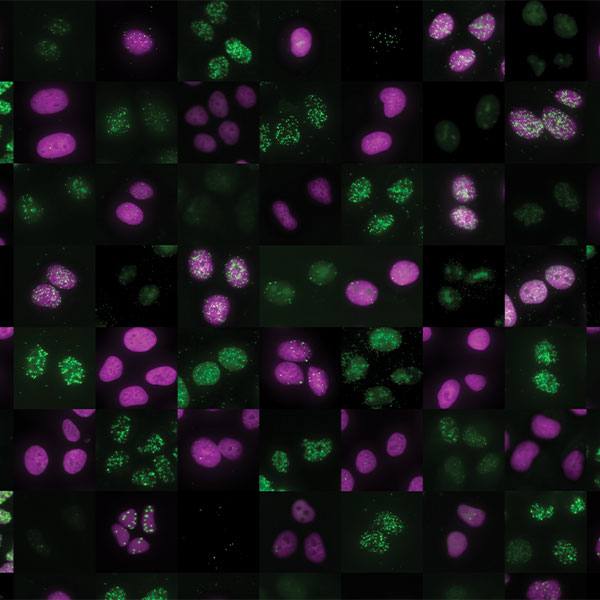A yogurt-like drink that is believed to have originated in the Caucasus Mountains of eastern Europe has become a popular product in natural health communities around the world. Kefir, a cultured dairy product, is favored by some because of its probiotic properties, and scientists are working to better understand its possible nutritional benefits. The U.S. Food and Drug Administration doesn’t regulate food products or supplements sold as probiotics — but like kombucha, the fermented drink has many fans.
[Editor's note: Both KEH-fur and keh-FEER are common and acceptable pronunciations.]
Journalists: Broadcast-quality video (0:58) is in the downloads. Read the script.
You might see it on the grocery shelves or have a friend who makes it at home. It looks like yogurt and contains more friendly bacteria than yogurt. But what is it?
"Kefir is a fermented milk made from a variety of yeasts and bacteria,” says Anya Guy, a Mayo Clinic dietitian.
It is rich in protein, calcium, B vitamins and probiotics. Probiotics have live organisms that help add to the population of microbes in your gut. This drinkable supplement’s been associated with improved digestion and decreased inflammation.
Guy says to keep in mind that, while probiotics and kefir may show positive effects on diseases, the research is most likely in beginning stages.
For those who enjoy making the probiotic-rich drink at home, it’s important to always use pasteurized milk to avoid foodborne illness.







